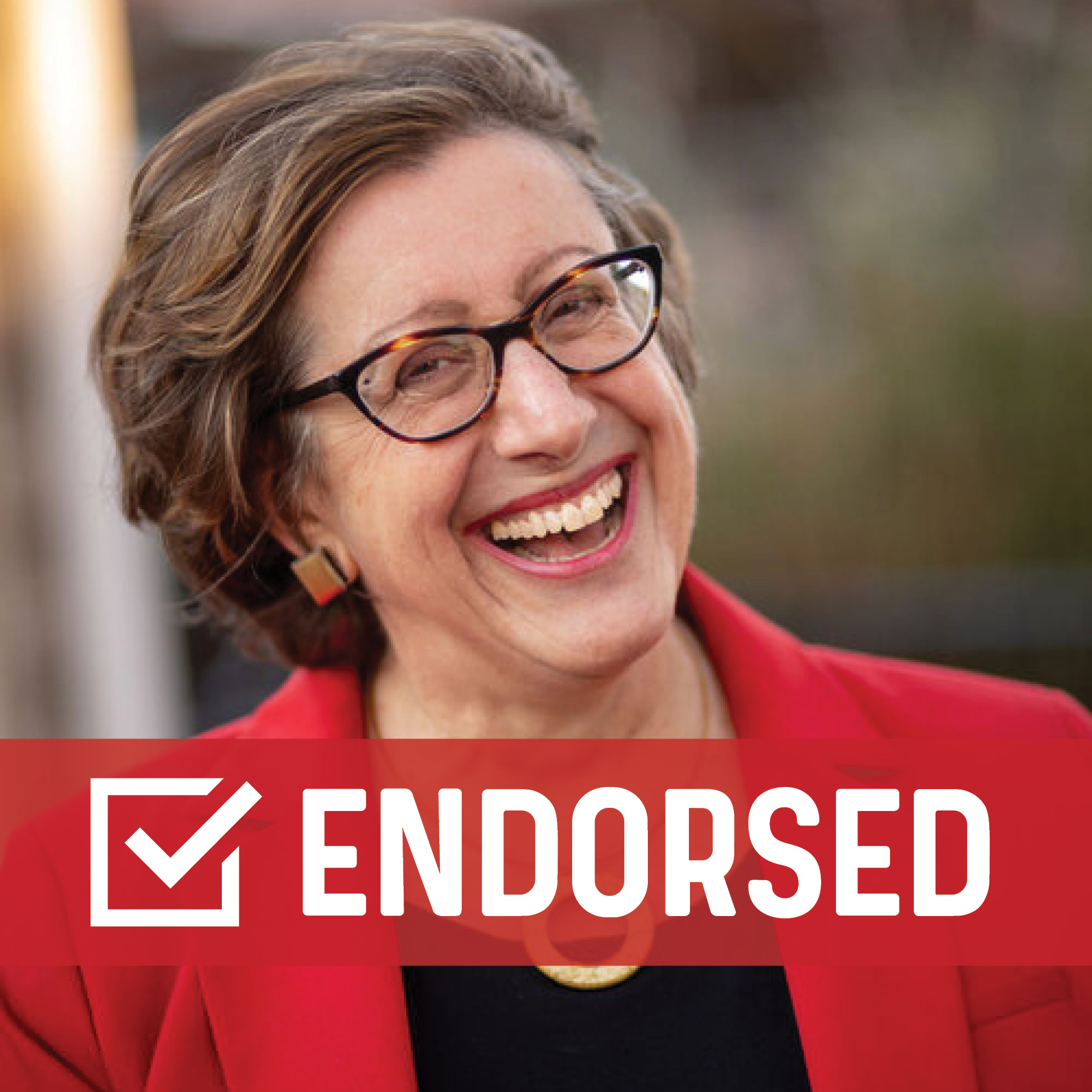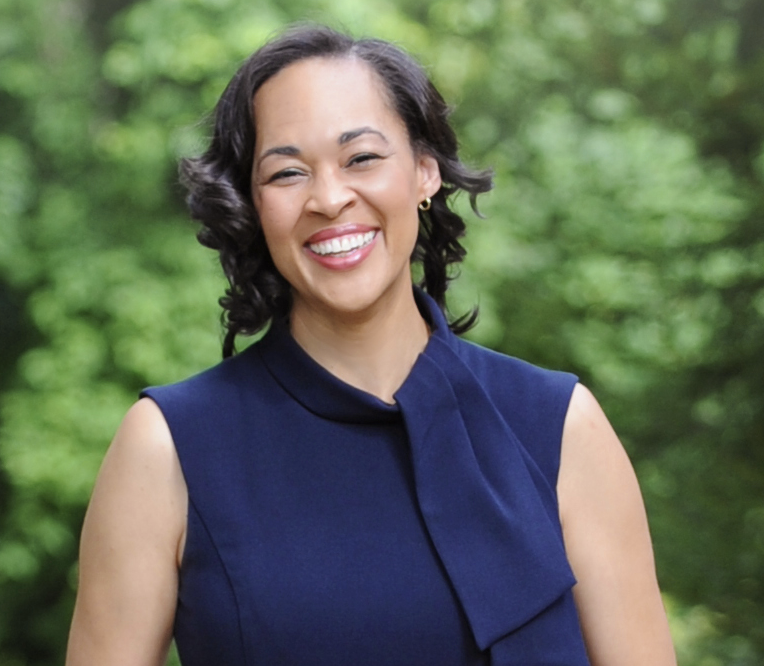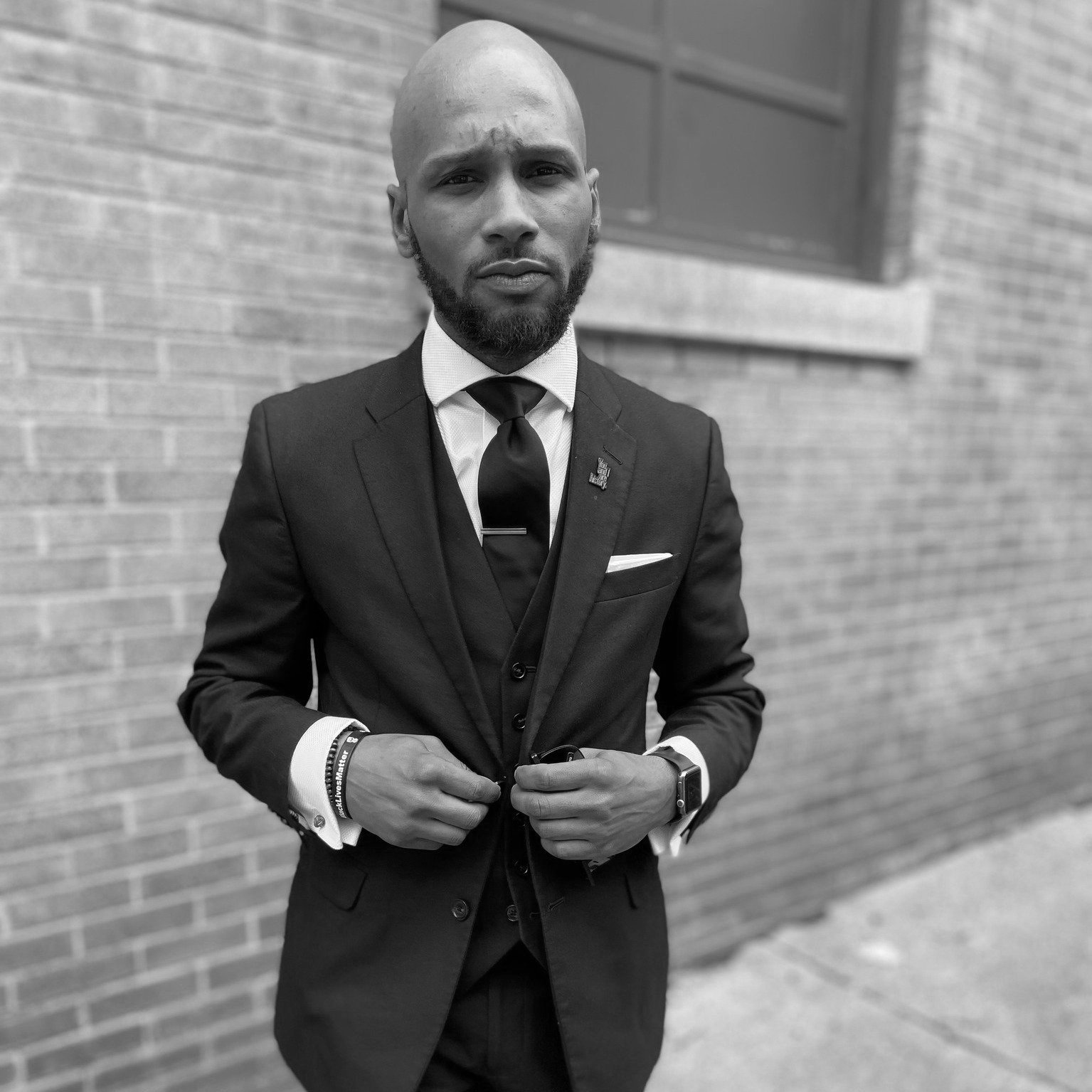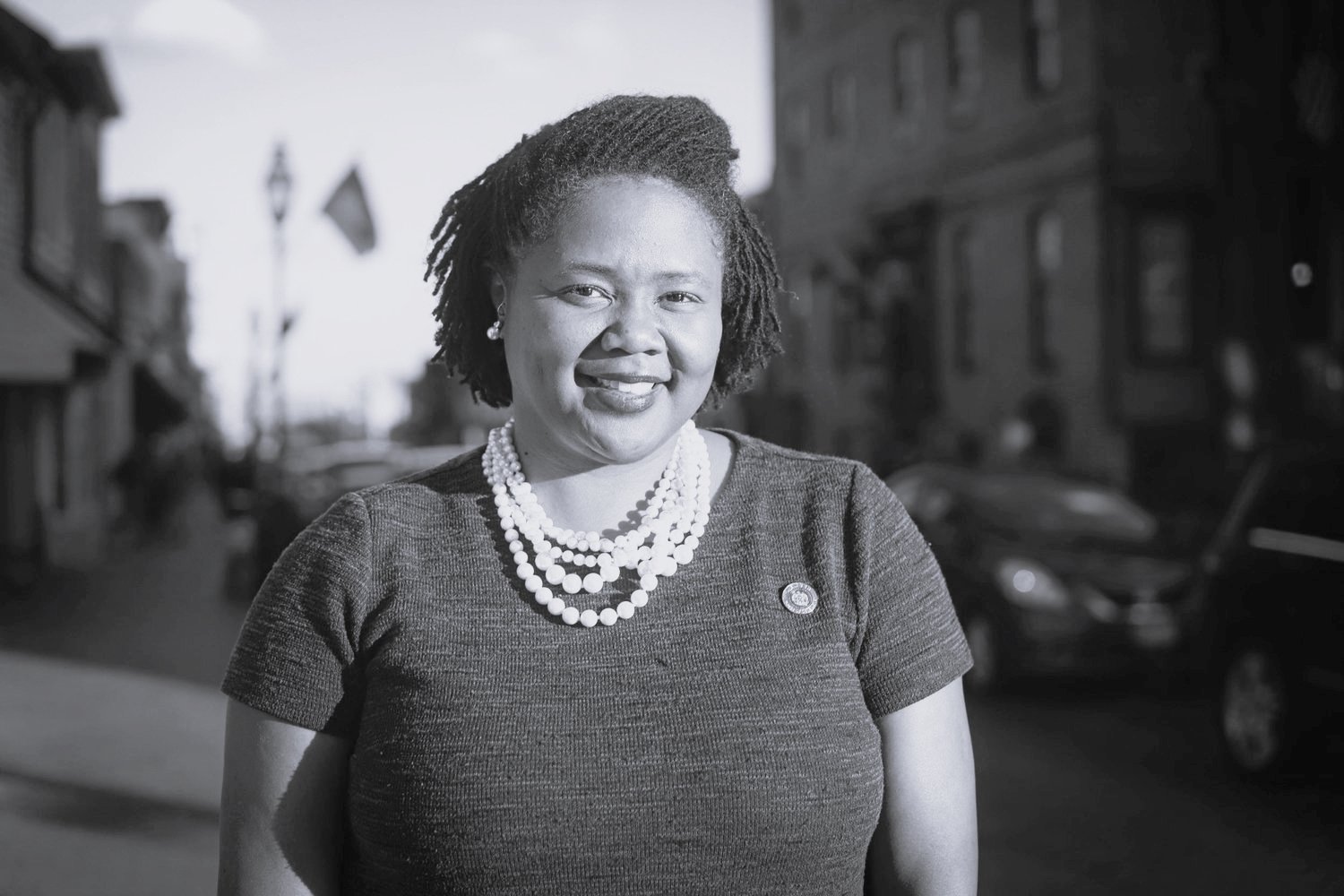State Delegate
State Delegates represent districts within Baltimore City in the House of Delegates in Annapolis. They draft, sponsor, and vote on state legislation.
We sent our questionnaire to all filed candidates in the Democratic Primary. Candidates displayed in black in white did not respond to our questionnaire by the submission deadline. Responses marked with a [...] indicate the candidate didn't directly answer yes or no, but may have provided a written explanation. Responses were edited for typos, but not substance.
You can find the full candidate surveys below, or scroll down to see candidate responses side by side for agree/disagree questions.
CANDIDATES FOR District 40 Delegate
Click on a candidate below to see their full narrative responses
Answer Comparison
Hover mouse on a candidate to see an extended response if the candidate provided one
Maryland and its jurisdictions should be required to “fix-it-first,” funding deferred maintenance of bridges and roads and safety retrofits like road diets, sidewalks, ADA compliance, and other infrastructure prioritizing vulnerable road users before spending on new roads and infrastructure.
Maryland should adopt a funding rubric for all transportation investment that follows a modal hierarchy prioritizing pedestrians, bicyclists, and transit riders over personal automobile use, and mandates that these investments prioritize racial and economic equity.
Highway User Revenues continue to decrease as cars become more efficient, and semi-autonomous driving technology is allowing more comfortable long distance commutes. To address this, Maryland should introduce and income-based Vehicle Miles Traveled tax.
Maryland should require and fund all-ages-and abilities bicycle infrastructure in retrofits of existing roads and construction of new roads, including fully separated infrastructure or sidepaths/trails on collector roads, arterial roads, state highways, and interstates.
There has been a dramatic increase in car crashes that injure and kill people walking and biking, who are then frequently sued by a driver’s insurance. Maryland should move from a contributory negligence to a strict liability model for crashes involving vulnerable road users.
Paired with a requirement for income-based fines, Maryland should authorize jurisdictions to utilize additional types of automated enforcement like bus lane cameras and stop sign cameras, remove geographic restrictions, and allow a reduced threshold for triggering speed cameras.
Maryland should allow local jurisdictions to lower their own speed limits based on roadway typology instead of based on expensive engineering studies for each road segment, and should set a statewide upper urban speed limit of 25 miles per hour.
Maryland should require employers provide “Parking Cash-Out,” valuing the cost of parking subsidized or paid for by employers and allowing employees the option of taking that benefit as a cash payout in the amount of the parking subsidy instead.
Maryland should require jurisdictions to eliminate parking minimums and institute parking maximums in new development, as well as require the cost of parking be unbundled from rent, giving individuals the choice to rent without paying for parking.
It’s widely accepted that single family zoning advances racial and economic segregation. Maryland should ban single family zoning at the state level, allowing both single family and multifamily residences to be built in all zoning areas.












